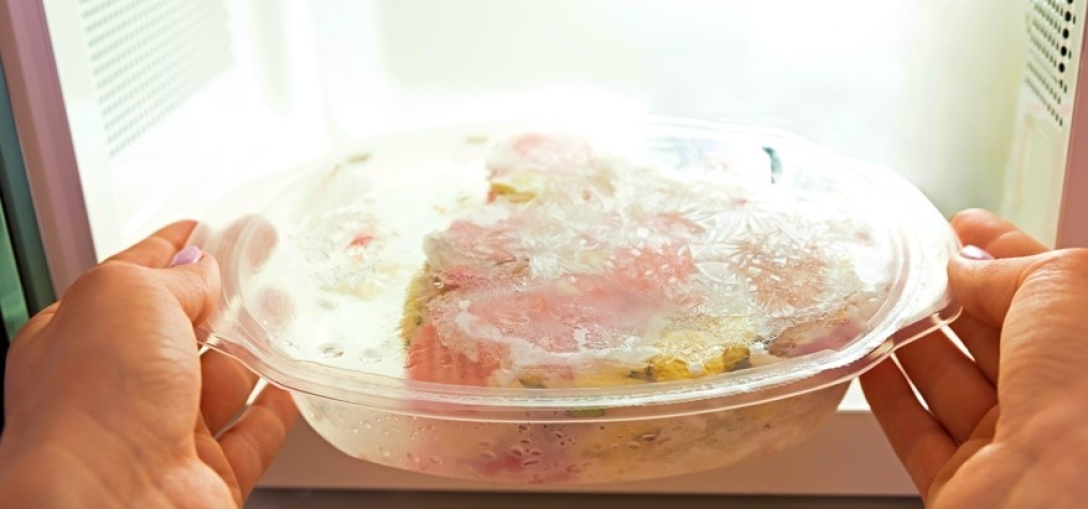Worrying revelation: used water bottles and food containers should not be reused.
Since humanity invented plastic over 150 years ago, it has rapidly spread across the planet. Tiny pieces of microplastic have already been found worldwide in water, soil, and air, in our bodies, and even in the breath of dolphins, reports Daily Mail.
Plastic utensils, whether water bottles or takeout containers, have firmly established themselves in society; however, scientists warn that reusing them could pose health risks. In a new study, researchers revealed alarming reasons why consumers should avoid reusing such containers.
The results indicate that adding more water or heating "single-use" plastic causes it to release nanoplastic and toxic chemicals, which can contaminate our food and drinks.
The issue is that water bottles and takeout containers are made from types of plastic designed for single use, making them break down much more easily than more durable plastics. Scientists concluded that reusing plastic exposes individuals to styrene found in synthetic rubber and plastic, significantly increasing the risk of esophageal and pancreatic cancer.
According to professor and sustainability director at Penn State Behrend, Sherri Mason, the effects can be compared to how people "shed" skin cells. It is well known that our skin continuously sheds cells, and something similar is likely happening with single-use plastic items.

According to the Environmental Protection Agency (EPA), plastic on average contains about 16,000 chemicals, with 4,200 of them considered "extremely hazardous." Professor Mason states that the primary issue is not the tiny plastic particles visible in water, but those that are invisible to the naked eye.
In fact, nanoplastic is so small that it can enter human blood, liver, and brain when it crosses the intestines, allowing it to pass through cell membranes and enter the bloodstream. According to Professor Mason, the exact impact of tiny plastic particles on human health has not been fully studied; however, there is a significant potential health threat associated with plastic use.
Although no case of particle consumption has been definitively linked to cancer, it has been found that the accumulation of these nanoparticles in human tissues increases chemical toxicity, which can lead to serious health issues, including cancer and developmental defects in children.
For example, earlier this year, a team from Columbia University discovered that the average water bottle contains about 240,000 particles — marking the first time scientists managed to identify plastic in bottled water. This comes despite assurances that bottled water is healthier than tap water, with researchers warning that this is merely a marketing tactic.
Heating plastic also accelerates the rate at which a single-use bottle or fast food container releases nanoplastic and toxic chemicals into water or food. In fact, even exposure to direct sunlight can cause toxins to leach into water or food. However, family osteopath Dr. Rob Danoff believes that the main rule is not to heat plastic in the microwave. Regarding water bottles, scientists recommend using glass and stainless steel items.
Important! This article is based on the latest scientific and medical research and does not contradict it. The text is for informational purposes only and does not contain medical advice. For diagnosis, please consult a physician.